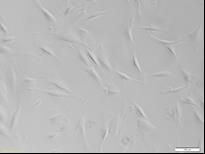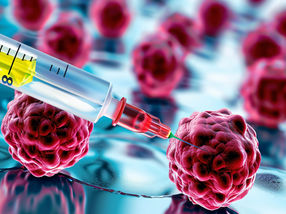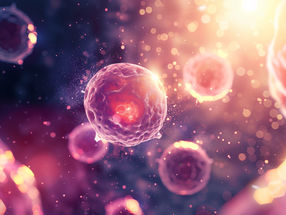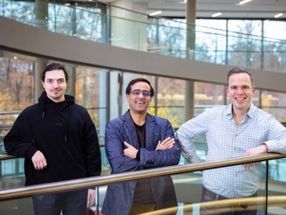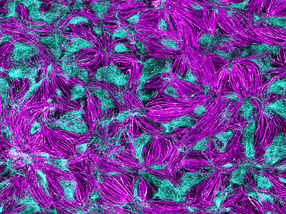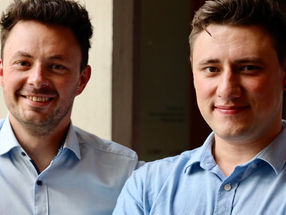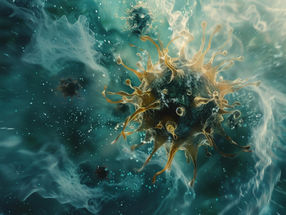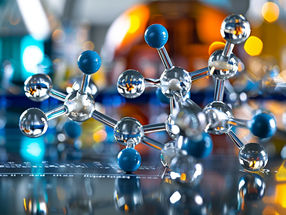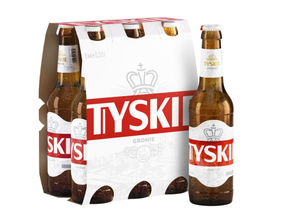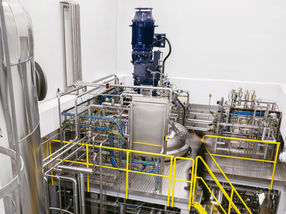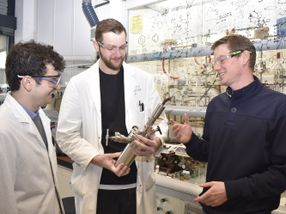BRAIN Wins Patent for Biological Wound Conditioning
BRAIN AG announced the granting of a European patent in the field of biotechnological wound conditioning. This new substance patent, registered under the official number EP2245150 B1, was invented by BRAIN within the scope of a BMBF supported research program (FKZ: 0313916). The patent describes a naturally-occurring novel proteolytic enzyme. This biotechnologically produced protein is now used to remove necrotic wound tissue from patients in order to facilitate rapid wound closure. The authority granted the patent application full status as a European patent. The international protection is pending.
Within the framework of the research project “Industrial production processes for novel enzymes and bio-active substances from natural sources: MikroPro“, BRAIN has been actively engaged in several subprojects including biological wound conditioning.
This involved isolating and characterising a proteolytic enzyme from the larvae of the Common green bottle fly Lucilia sericata and developing its biotechnological production. This highly potent and specific proteindigesting enzyme (protease) will now be used for conditioning badly healing wounds.
According to the professional magazine “Deutsches Ärzteblatt“, about 3 million people in Germany alone suffer from badly or never healing socalled chronic wounds. These include instances of Ulcus cruris, Decubitus or Diabetic foot ulcereration. Today, chronic wounds often require longterm, cost-intensive treatments and amputations are not rare.
At present, one of the difficulties of treating and healing the wound is the complete and pain-free removal of necrotic or devitalized tissue of the wound. This is where BRAIN and their method of enzymatic wound conditioning takes effect.
“By identifying this natural functional principle we are able to introduce a completely new method for conditioning wounds“, explains Dr. Frank Niehaus, program manager of Enzyme Technologies at BRAIN. “At the moment, we are working together with a number of leading partners to integrate the enzyme into innovative products as fast as possible, obtain international approval and therefore launch the product within the next few months“, adds Dr. Michael Krohn, Unit Head BioActives at BRAIN.
Other news from the department research and development

Get the life science industry in your inbox
From now on, don't miss a thing: Our newsletter for biotechnology, pharma and life sciences brings you up to date every Tuesday and Thursday. The latest industry news, product highlights and innovations - compact and easy to understand in your inbox. Researched by us so you don't have to.
